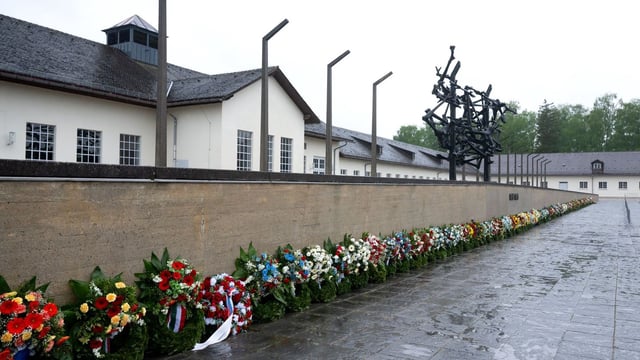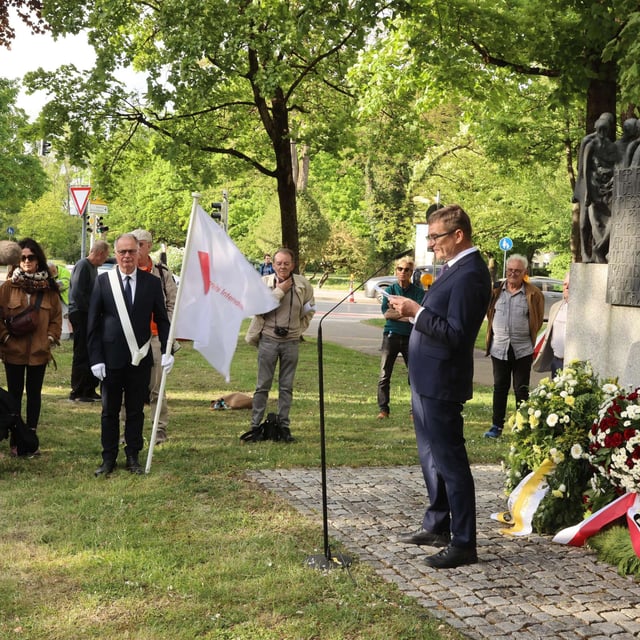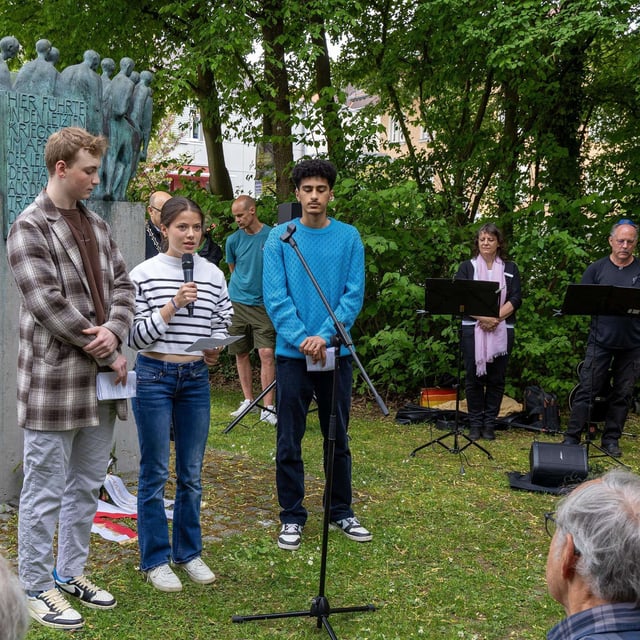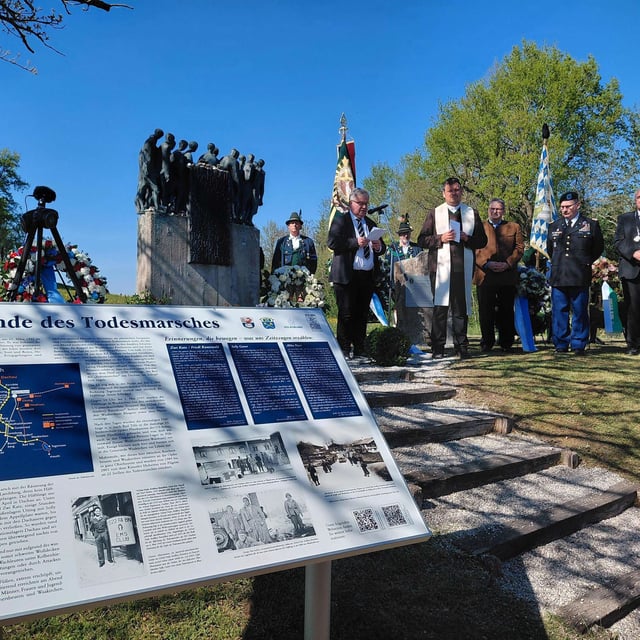Overview
- Memorial events were held at Dachau, Sachsenhausen, and Ravensbrück, with survivors, political leaders, and international attendees participating.
- Survivors shared harrowing testimonies, highlighting the urgency of preserving firsthand accounts as their numbers dwindle.
- Political leaders, including Dietmar Woidke and Julia Klöckner, warned against Holocaust denial and stressed the importance of combating hate and protecting democracy.
- New educational installations, such as a history panel at Schopfloch, were unveiled to deepen public understanding of Nazi atrocities and their relevance today.
- Germany's first concentration camp memorial at Dachau, established in 1965 through survivor advocacy, remains a cornerstone of remembrance efforts.



